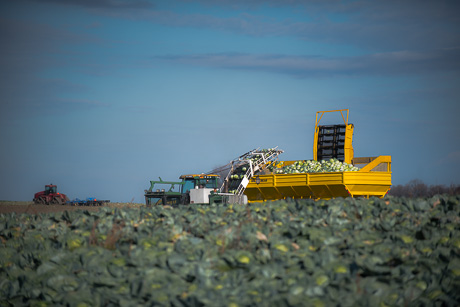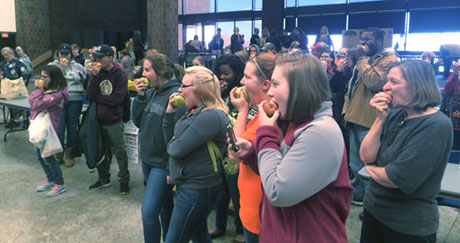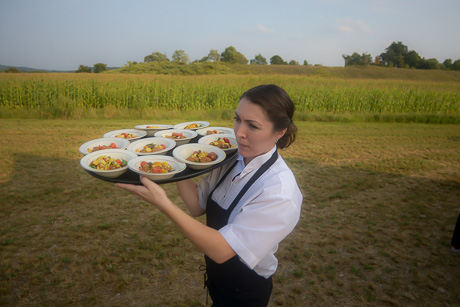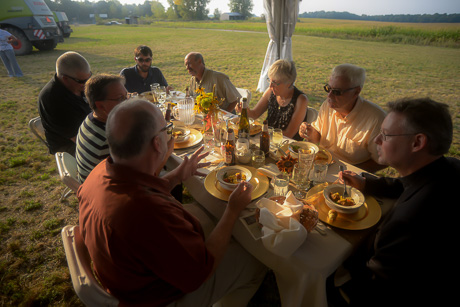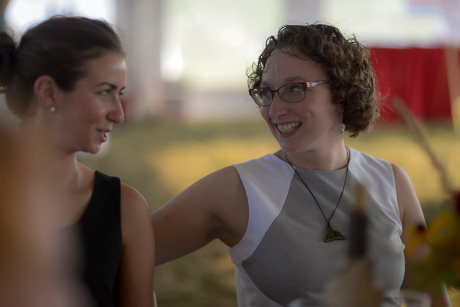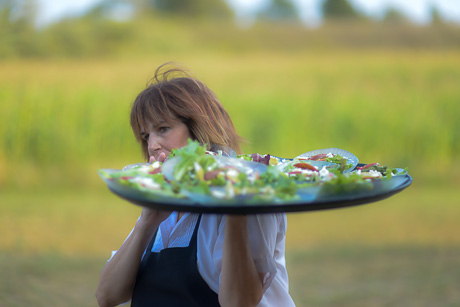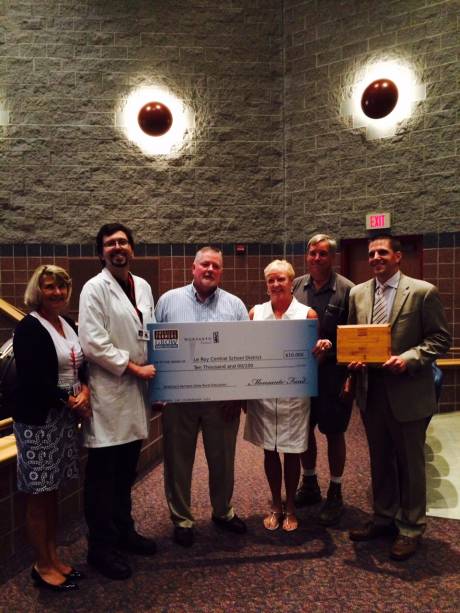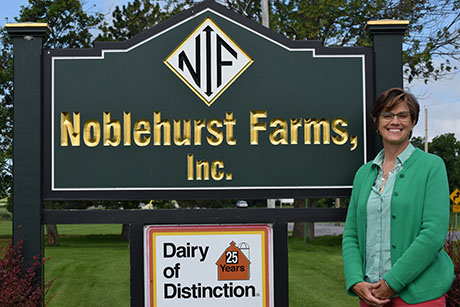Members of the Town of Batavia Planning Board responded coolly to a proposed solar farm off of Bank Street Road at its monthly meeting Tuesday night.
Buffalo-based attorney Gregory P. Scholand, representing SunEdison, outlined the company's plan for 15 acres that are currently cultivated for peas.
The farm would produce two megawatts of electricity, which is enough energy for about 20 300 homes. (CORRECTION)
Scholand told board members he had to be honest -- the solar farm won't create jobs and any increase in assessed value, which means more tax revenue, will be delayed by state-backed incentives for solar installations.
"In other words," said Board Member Lou Paganello, "the only people who will benefit are the landowner, National Grid and SunEdison."
Paganello was one of the most vocal members of the board expressing concerns about the proposal, but he also said he was intrigued by it and doesn't want to just kill the idea without learning more.
He also suggested the town needs to develop a plan for dealing with solar farms since this is unlikely to be the last proposal the town is asked to consider.
Gov. Andrew Cuomo is trying to push New York toward a stronger solar future. He's committed $1 billion to NY-Sun with the goal of eventually generating three gigawatts of electricity from sunlight across the state. That would be the equivalent of taking 23,000 cars off the road. According to the project's Web site, that much installed capacity will make the solar industry self-sufficient in New York and subsidies will no longer be needed.
The initiative is the reason SolarCity, a company owned primarily by technology multi-billionaire Elon Musk, is building a manufacturing plant in Buffalo that is expected to create 1,460 jobs.
Solar is coming on strong nationally, both because of the investments of Musk -- a hard-charging entrepreneur who made his initial fortune with two Internet startups, including PayPal, and who is also responsible for the all-electric Tesla luxury sports car and the Space X program -- and because China flooded the market a couple of years ago with inexpensive solar panels.
That, and greater efficiencies in installation and substantial tax breaks and government subsidies have helped reduce costs for power companies, businesses and homeowners.
It doesn't matter, though, to local planning boards that are being asked to back projects that potentially divert productive land to massive complexes of metal and glass.
In Genesee County, of course, that other productive use is farming, the kind of farming that produces grains, vegetables and milk. How much soil does the local area want to convert to solar panels?
"You open the door for one farm to do this then everyone is going to want to do it," said Board Member Jonathan Long.
Board members seemed unanimous in sharing this concern.
The proposition, put forward by Scholand, that solar farms help reduce an area's carbon footprint, was countered by Long.
"Peas are already taking a lot of carbon out of the air," he said.
The town needs a plan for dealing with solar and Scholand agreed. He said SunEdison fully supports local jurisdictions developing local ordinances to govern solar installations.
SunEdison hasn't made a formal application yet, but when it does, the Planning Board will be asked to become the lead agency for the environmental review process.
Chairwoman Kathy Jasinski expressed some doubt about the board's willingness to take on that role when its members still know too little about solar energy, the impacts of such farms, how they might affect neighboring property owners and what the benefits might be for local residents. The board needs a quick education in these subjects, Jasinski suggested.
If the Town of Batavia was to reject the proposal, it would be the second time this year that a local government body turned down a solar farm in the county.
In January, SolarCity approached the County about building a solar farm next to County Building #2, but concerns about the viability of SolarCity, whether the subsidies that would help the county save $500,000 and what might eventually become of the infrastructure, led the Ways and Means Committee to reject the proposal.
Meanwhile, solar companies have started pitching subsidized solar installations to local residents. One company had a booth at Summer in the City.

